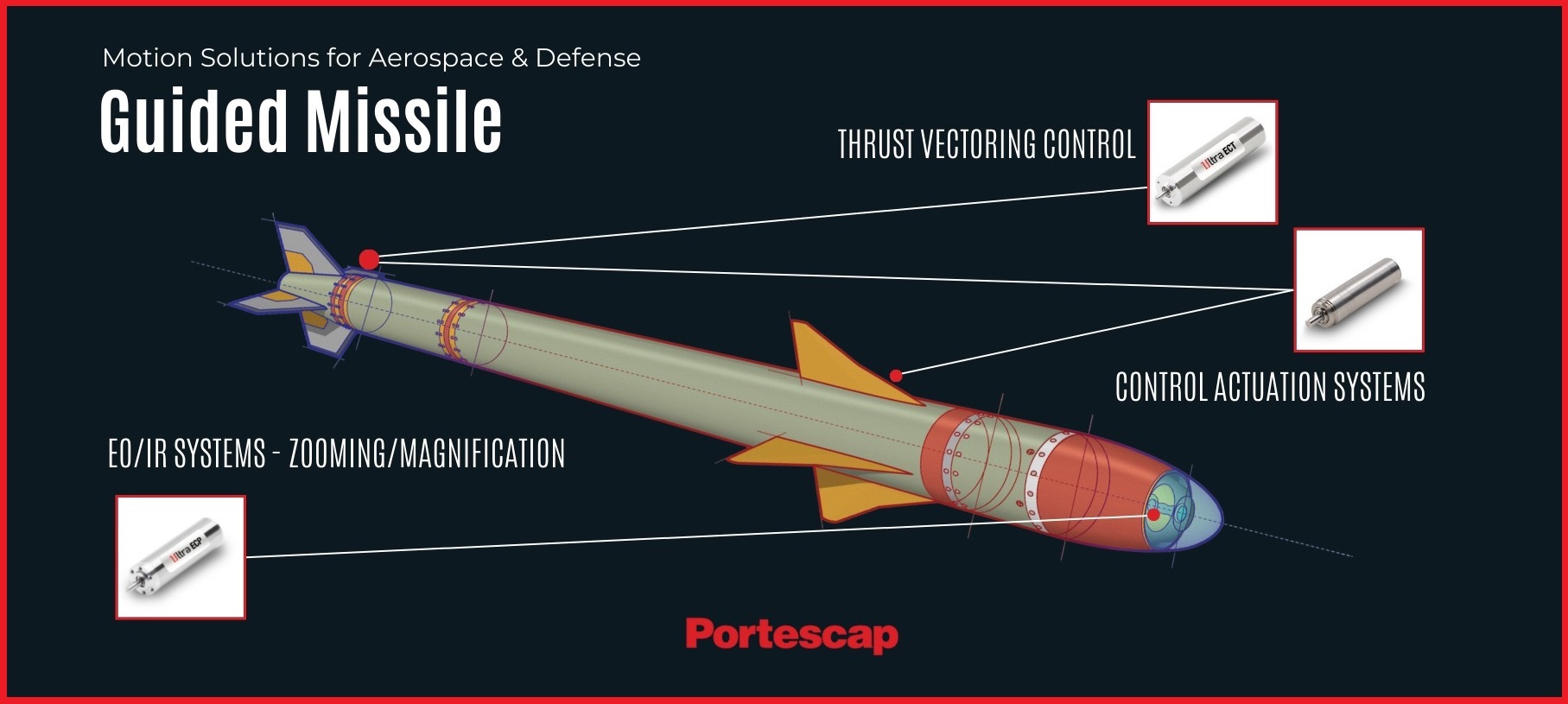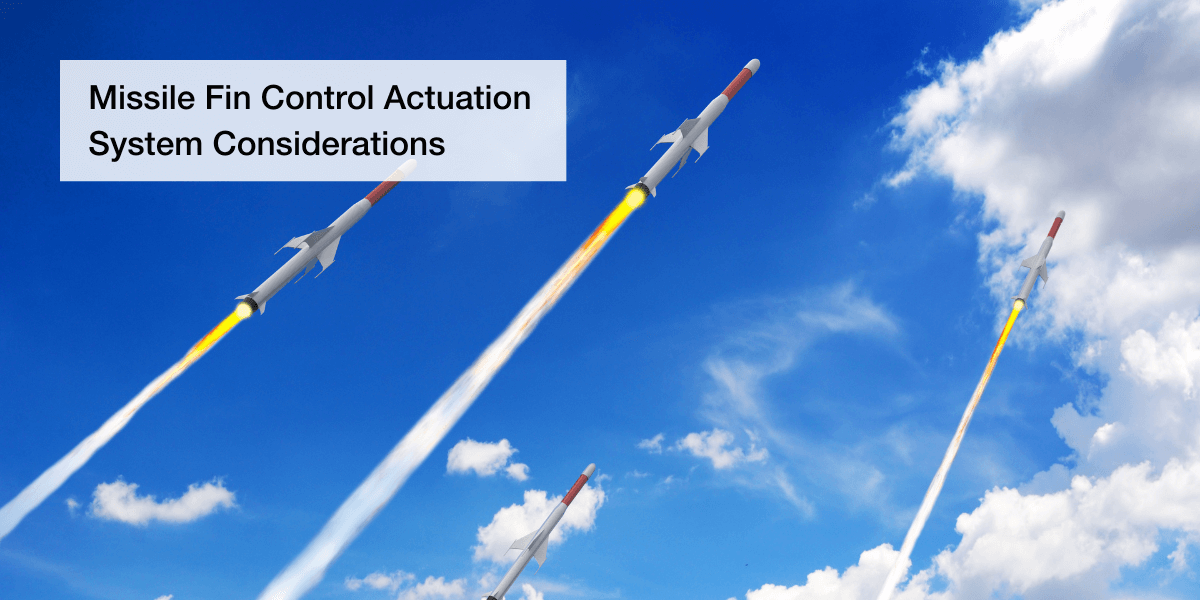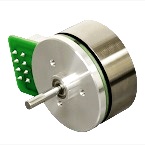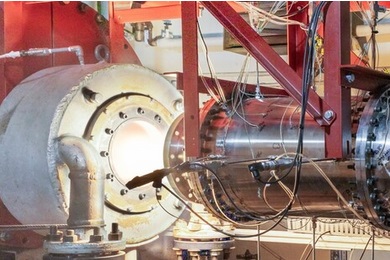SPONSOR FOCUS: Missile fin control actuation systems

Since missiles operate within a harsh and unpredictable environment, the CAS must be sufficiently robust to withstand high shock and vibration, as well as wide temperature ranges from – 55°C to + 85°C. The actuator design is typically a custom solution to fit the available space and weight limitations of the missile design. High dynamic actuator response is critical to react quickly to guidance system commands that keep the missile locked on target. Since missiles or their component parts can be stored in excess of 20 years, reliability over time is of paramount importance.

Missile fin control actuation systems considerations
A complete missile CAS typically consists of four motors that are independently manipulated by guidance control commands. The actuator responds based on the missile trajectory requirement for azimuth, elevation, pitch and yaw. On board inertial sensors are used to feedback the missile attitude and to update the commands used by the guidance system.
 Missile designs need to maximise aerodynamics, speed and payload in a compact package, which create challenges for designers to find appropriate motor solutions. Most motors used in CAS designs employ unique geometries and integrate components like lead screws to minimise the overall size and weight. Exceptional dynamic motor performance is achieved with customised motor coils and magnetic designs to provide precision control.
Missile designs need to maximise aerodynamics, speed and payload in a compact package, which create challenges for designers to find appropriate motor solutions. Most motors used in CAS designs employ unique geometries and integrate components like lead screws to minimise the overall size and weight. Exceptional dynamic motor performance is achieved with customised motor coils and magnetic designs to provide precision control.
Extensive testing of shock and vibration performance under the extreme temperature ranges of the missile environment is necessary to ensure reliable operation. The sensitive guidance system and other sensing devices are susceptible to motor noise and must be designed for low EMI/EMC.
Motor technologies best suited for missile actuators include both slotted BLDC and slotless BLDC designs. Both are robust to handle harsh environments, power dense for compactness and light weight and highly responsive to address the high dynamic requirements of the application. Portescap has an extensive line of slotted and slotless BLDC designs that cover a wide variety of missile packages.
Contact Portescap’s engineering team to discuss a Commercial off-the-shelf (COTS) design or initiate a blank sheet design.












